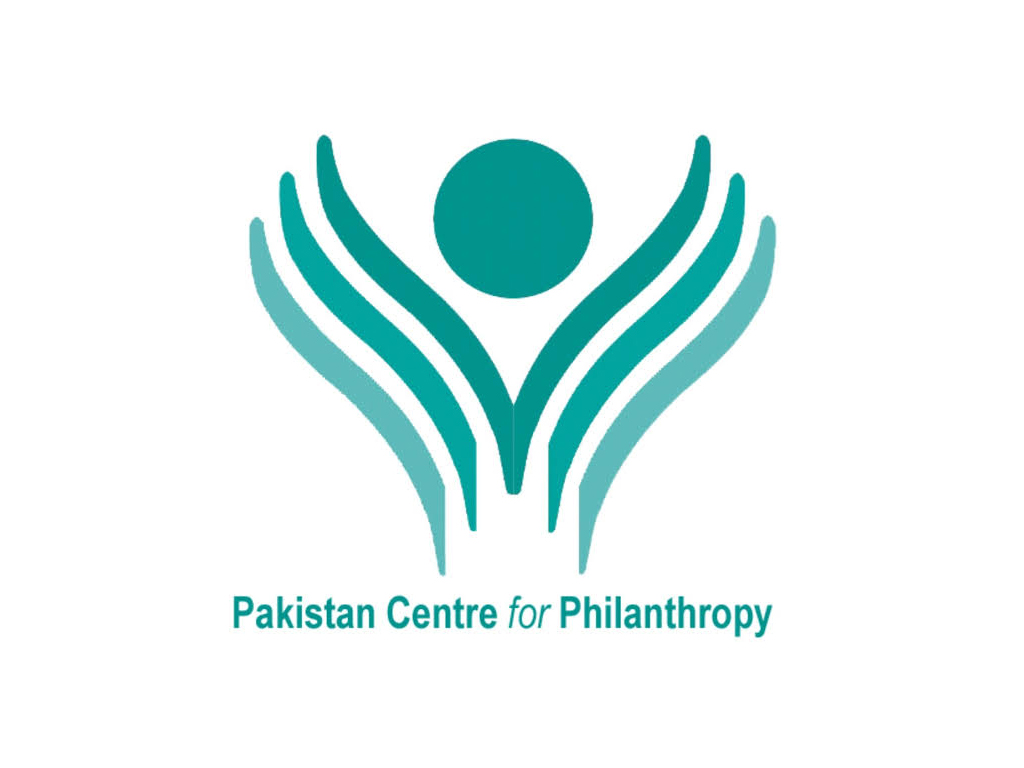Realising diaspora philanthropy

Diaspora philanthropy in recent years has gained prominence as means to transfer resources from rich countries for the social development of the poor countries. For a developing country It has to potential to become an important and stable funding stream. A recent study by the British Council in Pakistan and the Pakistan Centre for Philanthropy (PCP) shows that Pakistani diaspora in the UK contributed GBP1.25 billion (approx. $1.6 billion) to the total volume of philanthropic giving in the country in the form of monetary, in-kind and time.
The first of its kind study is based on a sample of Pakistani expatriates in various parts of UK has some key finding that can usher further research and similar studies, as well as guide the government in its pro-poor policies.
For example, the survey shows that giving among the diaspora population is a common practice over 90 percent of the diaspora respondents in UK are givers, donating not only to UK based causes but also to Pakistan based causes.
Out of the total GBP1.25 billion, the most popular way of philanthropic giving is both Pakistan and the UK is through monetary giving (59 percent) with Zakat motivated financial giving having the largest share (43 percent) of the total giving. Apart from the motivation to give, fulfilling religious obligations like zakat is found to be a major motivation for donations to Pakistan. The government can capitalize this opportunity of forex in the country by streamlining and facilitating these flows.
 The study also shows that some of these flows were also taken as remittances by the respondents, which is yet another opportunity to formalize these inflows as more often a significant amount of these remain outside the formal banking channels. By tradition, remittances have not been included under the rubric of philanthropy. However, recently it has been observed that some remittances are being pooled and used more strategically to transform community building through infrastructure, roads, schools etc.
The study also shows that some of these flows were also taken as remittances by the respondents, which is yet another opportunity to formalize these inflows as more often a significant amount of these remain outside the formal banking channels. By tradition, remittances have not been included under the rubric of philanthropy. However, recently it has been observed that some remittances are being pooled and used more strategically to transform community building through infrastructure, roads, schools etc.
Another key finding of the study was donations from the diaspora whether in cash or in kind were largely linked to religious reasons like Zakat when it came to Pakistan, and to organization and non-religious giving when it came to UK based causes. This highlighted a key concern of misuse of funds and lack of trust that the diaspora has for the organisations in Pakistan.
Another finding that the government would rather look to tap further into is the clear preference of the diaspora in UK for giving for social development initiatives like education and health in Pakistan. However, the key concern regarding the working of Pakistani organisations, the perception of corruption and misuse of funds should be addressed on urgent basis to fully exploit the potential of diaspora philanthropy. The research shows that around 40 percent of respondents say that giving could be significantly higher if there was more trust that contributions would be put to good use.

























Comments
Comments are closed.